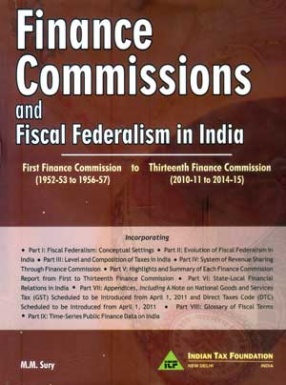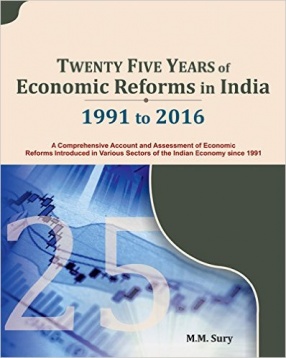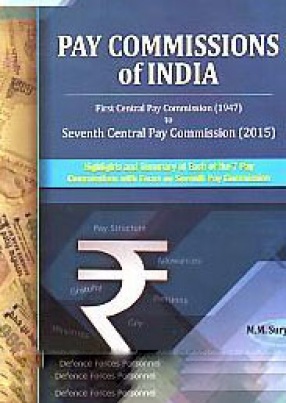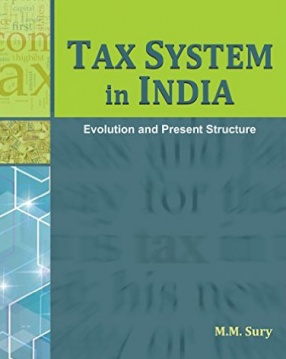Finance is the life blood of a government Arrangements for finance is more complicated in a federal system creates a multiple polity based on divided functions and powers among central, state and local governments, Fiscal federalism, as a branch of public finance, deals with financial arrangements and their working in a federal polity.
Fiscal federalism is a subject of topical interest in India in view of some recent developments of historical importance. With the passage of the Constitution (Seventy-third Amendment) Act, 1992, a uniform structure of panchayats has emerged throughout the country. Similarly, the passage of the Constitution (Seventy-fourth Amendment) Act, 1992 was a landmark in the history of municipal administration in India. As a result of these amendments, panchayats and municipalities are now constitutional bodies forming the third tier of the federal polity of India.
Furthermore, the Constitution (Eightieth Amendment) Act, 2000, significantly changed the manner of distribution of Central tax collections between the Central and State Governments. Prior to this amendment, income tax and Union excise duties were the only taxes shared with the states. This amendment altered the pattern of sharing of Central taxes between the Centre and the States by providing for the sharing of the net proceeds of all Union taxes and duties with the States. Still further, the Constitution (Eighty-eighth Amendment) Act, 2003 included taxes on services under entry 92C in the Union List (List I) in the Seventh Schedule of the Constitution.








There are no reviews yet.